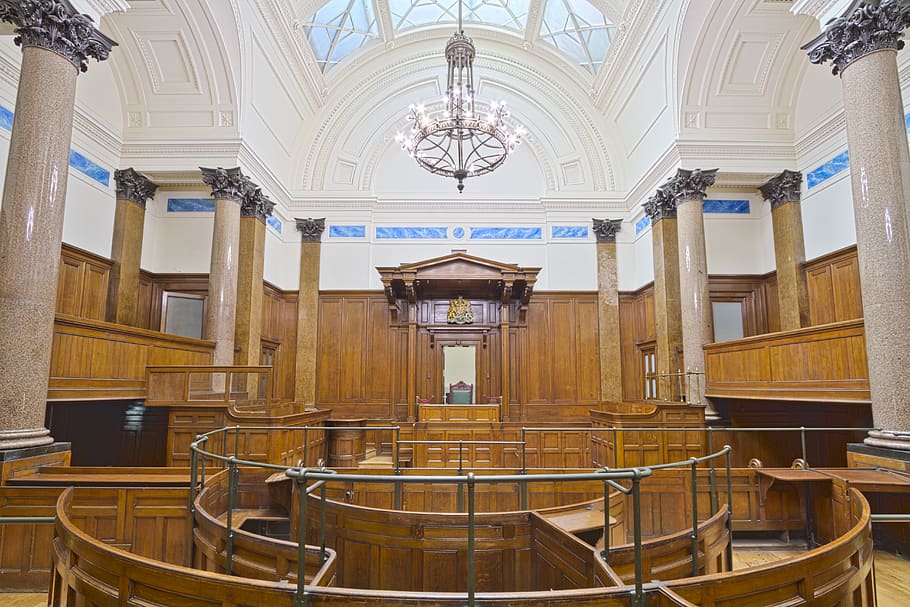Legal Proceedings Continue for Agradaa Amid Refusal of Bail
The Amasaman High Court has recently denied bail to Patricia Asiedua, also known as Agradaa, despite her ongoing appeal against a 15-year prison sentence. The court’s decision was based on the need for the defense team to present all relevant documents from the Circuit Court as part of the substantive appeal process. This move highlights the legal complexities surrounding the case and the procedural steps required for any potential reversal of the original verdict.
The prosecution has reportedly submitted formal objections to Agradaa’s bail application, further complicating the situation. The refusal to grant bail underscores the seriousness with which the court is treating the matter, especially given the nature of the charges and the length of the original sentence.
Agradaa, once a prominent figure in the religious community as a former fetish priest who later transitioned into an evangelist, was sentenced to 15 years in prison by the Accra Circuit Court. The sentencing took place on July 3, 2025, under the presiding judge, Mrs. Evelyn Asamoah. She was found guilty of two major offenses: engaging in charlatanic advertisement and defrauding individuals through false pretences.
The trial, which commenced in October 2023, lasted several months and involved extensive evidence presentation from both the prosecution and the defense. Agradaa’s legal team has since filed an appeal, arguing that the sentence imposed was overly harsh and disproportionate to the alleged offenses. They claim that the punishment does not reflect the circumstances of the case and may be unjust.
This case has drawn significant public attention, particularly due to Agradaa’s high-profile status within certain communities. Her transformation from a traditional spiritual leader to an evangelist has made her a controversial figure, and the legal proceedings have sparked discussions about the intersection of religion, law, and public perception.
Legal experts suggest that the appeal process could take several more months, depending on the complexity of the case and the availability of key evidence. The court has emphasized the importance of ensuring that all procedural requirements are met before any final judgment is reached.
In addition to the legal challenges, Agradaa’s case has raised broader questions about the judicial system’s handling of cases involving religious figures. Critics argue that such cases often receive heightened scrutiny, which can influence public opinion and media coverage. However, the court has maintained that its decisions are based solely on the evidence presented and the applicable legal standards.
As the appeal continues, both the defense and the prosecution remain engaged in a detailed review of the case. The outcome of this legal battle could set a precedent for similar cases in the future, particularly those involving individuals with strong public profiles.
For now, the focus remains on the procedural aspects of the case, with the court emphasizing the need for thorough documentation and adherence to legal protocols. The next steps will likely involve additional hearings and the submission of new evidence or arguments by both sides.
This case serves as a reminder of the intricate nature of the legal system and the challenges faced by those involved in high-profile trials. It also highlights the importance of due process and the right to a fair appeal, which are fundamental principles in any democratic legal framework.







